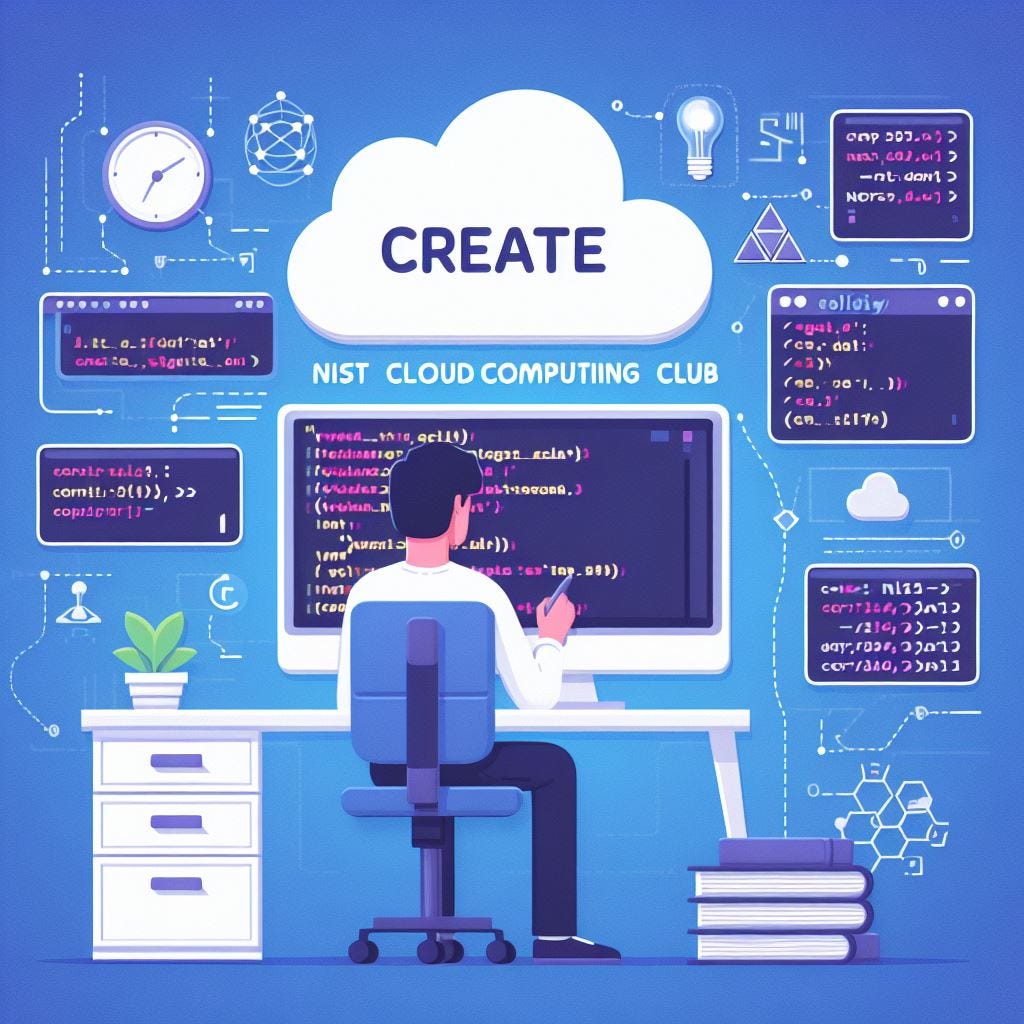In the fast-paced realm of technological innovation, the convergence of Artificial Intelligence (AI), Blockchain, and Cloud Computing has emerged as a transformative force. This trinity of cutting-edge technologies is reshaping industries, enhancing security, and unlocking unprecedented possibilities. In this blog post, we delve into the symbiotic relationship between AI, Blockchain, and Cloud Computing, exploring their individual strengths and the collective impact they bring to the digital landscape.
Artificial Intelligence, often referred to as the cornerstone of the fourth industrial revolution, has the capability to simulate human intelligence in machines. From natural language processing to image recognition and predictive analytics, AI empowers systems to learn, adapt, and make decisions autonomously.
Blockchain, initially known for its role in cryptocurrencies, is a decentralized and distributed ledger technology. Its key attributes — transparency, immutability, and security — have found applications far beyond finance. Blockchain ensures trust and accountability in transactions, reducing fraud and providing a tamper-proof record of data.
Cloud computing, epitomized by platforms like Amazon Web Services (AWS), Microsoft Azure, and Google Cloud, offers scalable and on-demand access to a shared pool of computing resources. Cloud services provide the infrastructure for deploying and managing applications, storing data, and facilitating seamless collaboration.
1. Enhanced Security and Transparency
Integrating AI with Blockchain on cloud platforms results in a potent combination of enhanced security and transparency. AI algorithms can analyze blockchain data, detecting patterns and anomalies that might go unnoticed by traditional systems. This ensures a robust defense against cybersecurity threats while maintaining the transparent nature of blockchain transactions.
2. Decentralized AI Applications
By deploying AI applications on blockchain networks hosted in the cloud, decentralization becomes a reality. This approach distributes the computational load across the network, promoting efficiency, and reducing the risk of a single point of failure. It also aligns with the decentralized ethos of blockchain technology.
3. Smart Contracts Powered by AI
Smart contracts, self-executing contracts with coded terms, receive a boost from AI integration. AI algorithms can analyze complex conditions, enabling smart contracts to adapt to changing circumstances. This dynamic functionality enhances the automation and intelligence of contract execution.
4. Scalability and Accessibility
Cloud computing provides the scalability needed to accommodate the resource-intensive nature of AI and blockchain applications. Whether it’s training AI models, validating blockchain transactions, or storing vast amounts of data, the cloud ensures that resources can be scaled up or down as needed, optimizing efficiency and cost-effectiveness.
While the fusion of AI, Blockchain, and Cloud Computing holds immense promise, challenges such as interoperability, data privacy, and regulatory compliance must be navigated. The evolving landscape requires a collaborative effort from technology providers, businesses, and policymakers to establish standards and frameworks that foster innovation while ensuring ethical practices.
As we navigate the intricate landscape of technological convergence, the future holds exciting prospects. The combined power of AI, Blockchain, and Cloud Computing will drive innovation across industries, from healthcare and finance to supply chain management and beyond. This transformative synergy is laying the foundation for a new era of intelligent, decentralized, and secure digital ecosystems.
In conclusion, the fusion of AI, Blockchain, and Cloud Computing represents a paradigm shift in how we harness and leverage technology. The synergy created by integrating these powerful technologies is not just a technological evolution but a revolution. As we journey into this era of unprecedented possibilities, businesses and innovators have the opportunity to shape a future where intelligence, trust, and scalability converge to redefine the boundaries of what is achievable in the digital landscape.
This news is republished from another source. You can check the original article here







